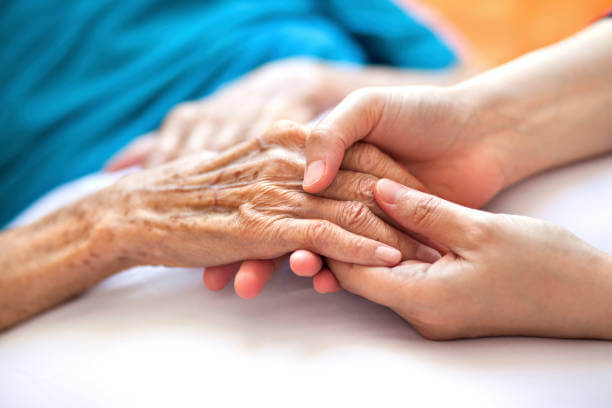World Alzheimer’s Day was observed on September 21, 2014. Because of the nature of the disease, caregiving for a person with such a degenerative memory condition can be especially taxing.
According to the Alzheimer’s Association, in 2013, 15.5 million family and friends provided 17.7 billion hours of unpaid care to those with Alzheimer’s and other dementias – care valued at $220.2 billion. Alzheimer’s and dementia caregivers had $9.3 billion in additional health care costs of their own, due to the physical and emotional burden of caregiving. This doesn’t even take into account lost employment income and the out-of-pocket costs associated with in-home care. A recent study showed that 54% of family caregivers of people with Alzheimer’s disease and other dementias had to go
in late, leave early, or take time off and 7% had to turn down a promotion due to the demands of caregiving.
Family caregivers are often reluctant to reach out for help. Middle-stage caregiving lasts longest and this is where most family caregiving occurs. The person living with Alzheimer’s doesn’t yet need the extensive (and expensive) care that late-stage Alzheimer’s demands, so often a spouse, child, or other family member provides the needed care. At this stage, the person with Alzheimer’s may have a more difficult time expressing their thoughts and may anger easily. They have an increased need for help as their independence decreases. Caregivers need patience and flexibility, but it’s important to realize that providing this level of care bring with it a higher level of caregiver stress and burnout.
You know how, on an airplane, the flight attendant will instruct passengers to, in case of emergency, place an oxygen mask on themselves before helping others? Same thing goes for family caregiving, especially when caring for those with AD or dementia. What starts out as a labor of love often turns into feelings of resentment, isolation, depression, and the physical problems (such as hypertension and coronary heart disease) associated with chronic stress.
Caregiver stress and caregiver burnout are prevalent and may counterac the caregiver’s original intent to keep the care recipient at home. For example, when caregivers report being stressed because of the impaired person’s behaviors, it increases the chance that they will place that person in a nursing home.
There are, however, several interventions that are proven to help the family caregiver.
Work with a Professional
A Geriatric Care Manager can help assess the needs of someone afflicted with Alzheimer’s and dementia and provide information, referral, and help with care coordination. They can be a strong advocate for the family caregiver.
Get Counseling
Professionals can help resolve conflicts between caregiver and care recipient and help the caregiver work through emotional overload.
Find Support Groups
Online and offline, it is important to know you are not alone in your caregiving, and that the emotions you are feeling—as well as the physical challenges you experience are experienced by others as well.
Get Respite Help
Ask for help, hire help, demand help. Reach out before you burn out. Just because you don’t do it alone doesn’t mean you’ve failed. Much-needed breaks will make you a better caregiver.
Make Nutrition and Exercise a Priority
Many caregivers say they simply don’t have the time to care for themselves. If you aren’t healthy and strong, you can’t take care of anyone else. Lead your care recipient by example. Eat well and schedule exercise breaks.
September and October see Walk(s) to End Alzheimer’s all over the country. There may still be available dates in your area. See if you can start or join a team and see just how strong the caring community is.
And check back with this blog in November, which is not only National Alzheimer’s Disease Awareness Month, but also National Caregiver Month.







